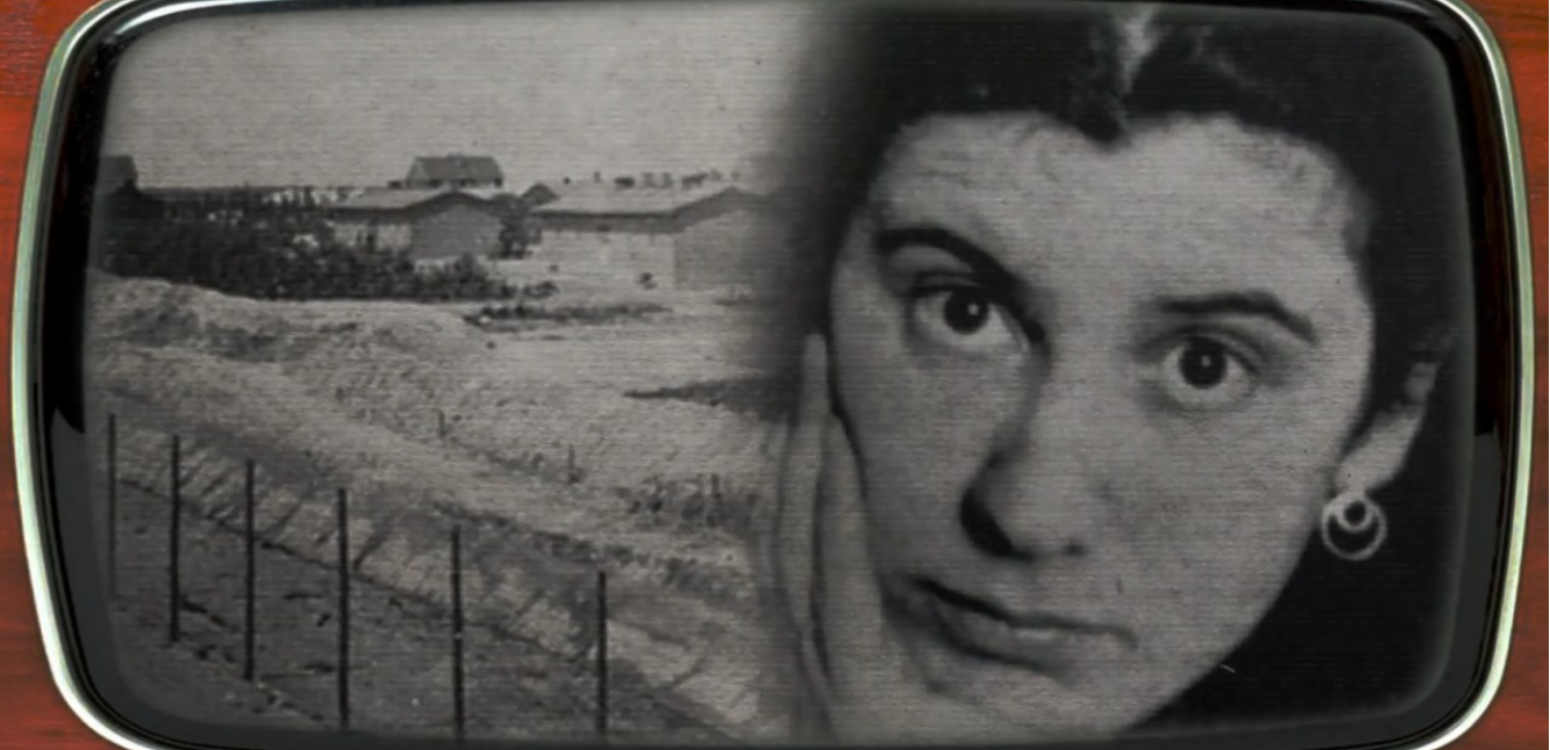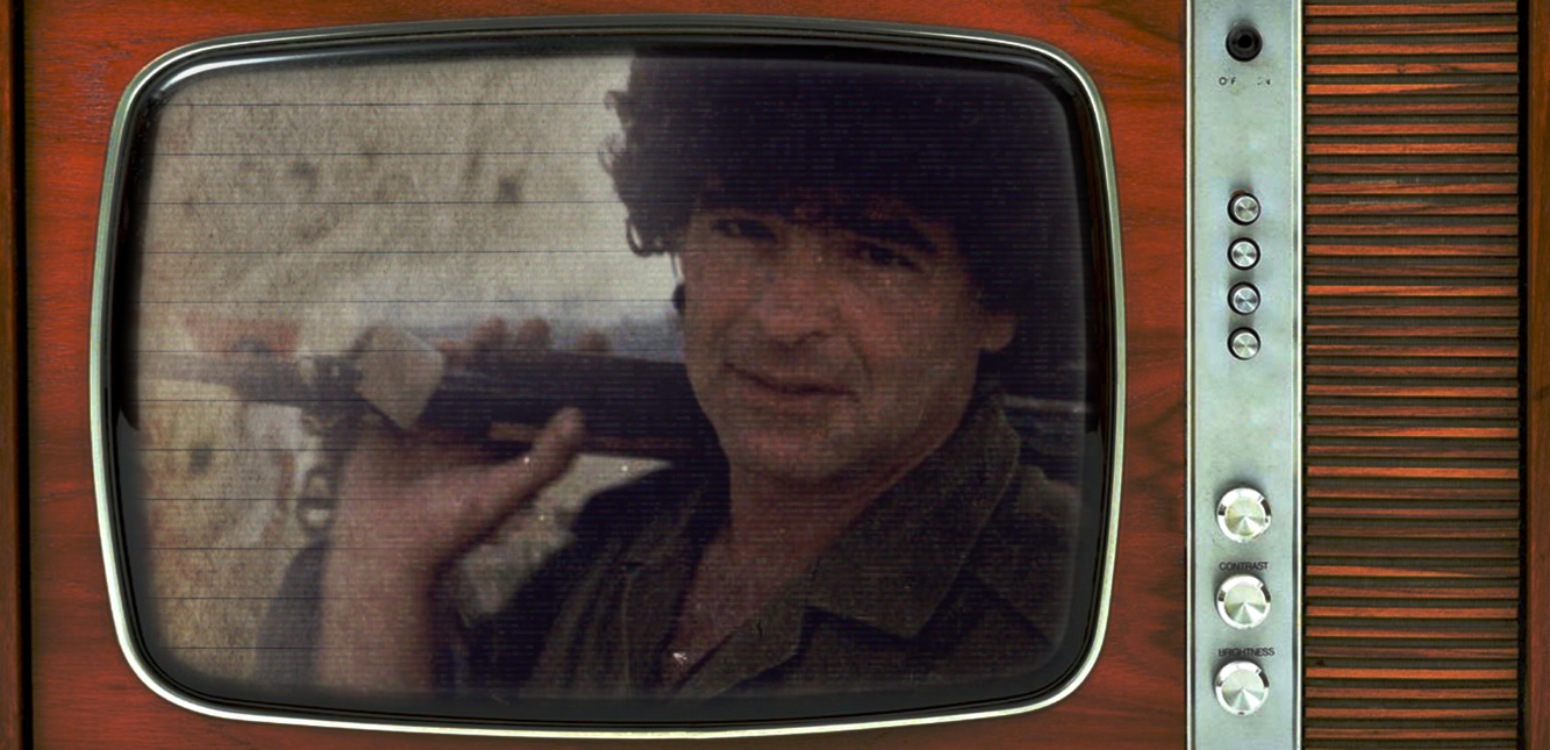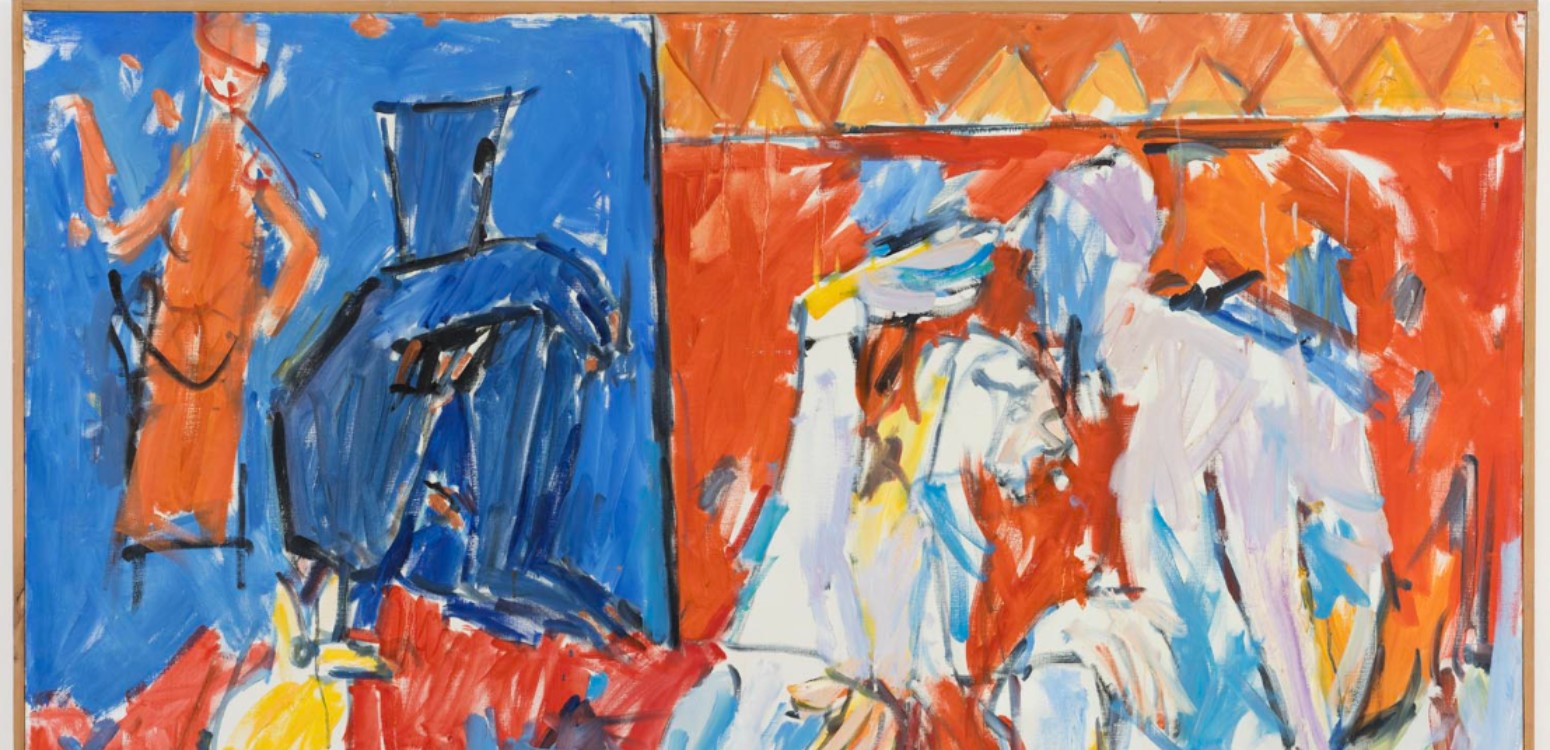
Parashat Pekudei: The Ego and Decision-Making
Why does Moses need to be told to anoint Aaron’s sons as he anointed their father? Wouldn’t it have been enough just to tell him to anoint them? It might have something to do with the fact that the ego is a fragile thing
Parashat Pekudei is the last Torah portion in the Book of Exodus. It describes the final stages of the construction of the Tabernacle, including the creation of the priestly garments for Aaron and his sons. Near the end of Pekudei, Moses receives instructions from God about how the anointing should be performed:
“You shall bring Aaron and his sons forward to the entrance of the Tent of Meeting and wash them with the water. Put the sacral vestments on Aaron, and anoint him and consecrate him, that he may serve Me as priest. Then bring his sons forward, put tunics on them, and anoint them as you have anointed their father, that they may serve Me as priests. This their anointing shall serve them for everlasting priesthood throughout the ages.” (Exodus 40:12-15)
The phrase "as you have anointed their father" seems redundant. Rabbi Meir Simcha Ha-Kohen (1843-1926) in Meshech Chochmah suggests that Moses might have been reluctant to anoint Aaron’s sons because he wanted this honor for his own children.
Get over your bruised ego
In the Talmud, that discusses the words “Do not come closer” (Exodus 3:5), spoken to Moses in the days of the burning bush, it is written: “Ulla says: Moses requested that he be given the kingship, but it was not given to him, as it is written: ‘Do not come closer’; and the word ‘closer’ refers to nothing other than kingship” (Babylonian Talmud, Zevachim 102a). Moses’ ego was hurt.
While Moses accepted Aaron’s elevation, he might have harbored jealousy regarding his nephews. The command to anoint them “as you have anointed their father” directed Moses to overcome his wounded ego and perform the anointing wholeheartedly.
People don’t like to admit defeat
Daniel Kahneman (1934-2024)—the renowned researcher and Nobel Prize winner who passed away one year ago today—explored ego-based thinking biases in his book “Thinking, Fast and Slow.” One example is “mental accounting”:
Imagine needing to sell stocks during an emergency. You have two options: Company X stocks that have tripled in value; Company Y stocks that have lost half their value. Both are currently worth the same amount.
Most people sell the winning stocks to avoid admitting defeat. This ego-driven choice ignores the rational question: which stock has better future prospects?
Don’t let your ego make you decisions for you
Kahneman documented other ego-based errors. Financial experts’ predictions are no better than random systems, psychologists’ character assessments often prove inaccurate, and algorithms frequently outperform expert doctors in medical diagnoses. Despite evidence, we continue relying on human experts rather than superior systems. Why? Primarily because of ego.
This ego-based thinking also affects security experts and political leaders. Like Moses learning to overcome his ego to anoint Aaron’s sons, we must recognize when our ego interferes with sound decision-making in both our personal and public lives.
Lior Tal Sadeh is an educator, writer, and author of “What Is Above, What Is Below” (Carmel, 2022). He hosts the daily “Source of Inspiration” podcast, produced by Beit Avi Chai.
For more insights into Parashat Pekudei, listen to “Source of Inspiration”.
Translation of most Hebrew texts sourced from Sefaria.org
Main Photo: The Tabernacle in the Wilderness (illustration from the 1890 Holman Bible)\ Wikipedia
Also at Beit Avi Chai










































